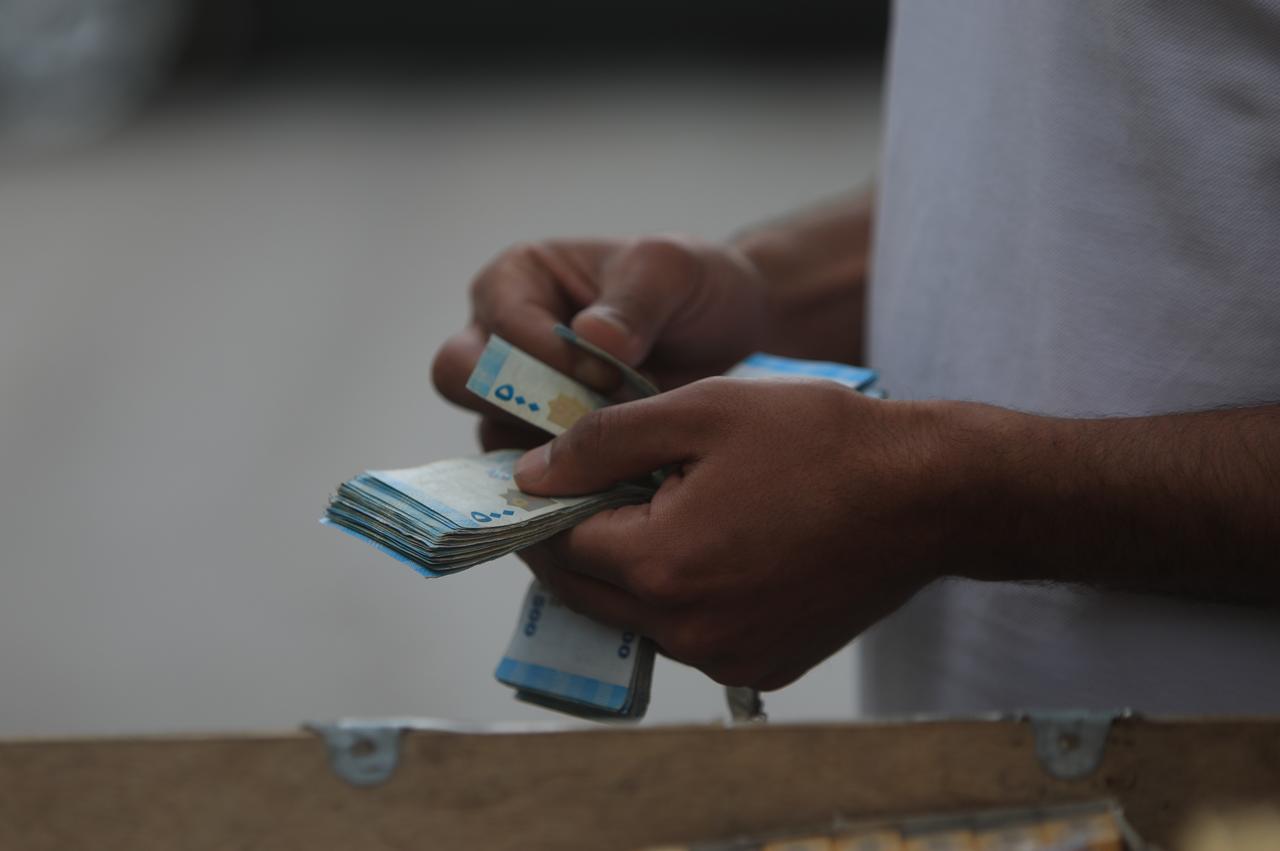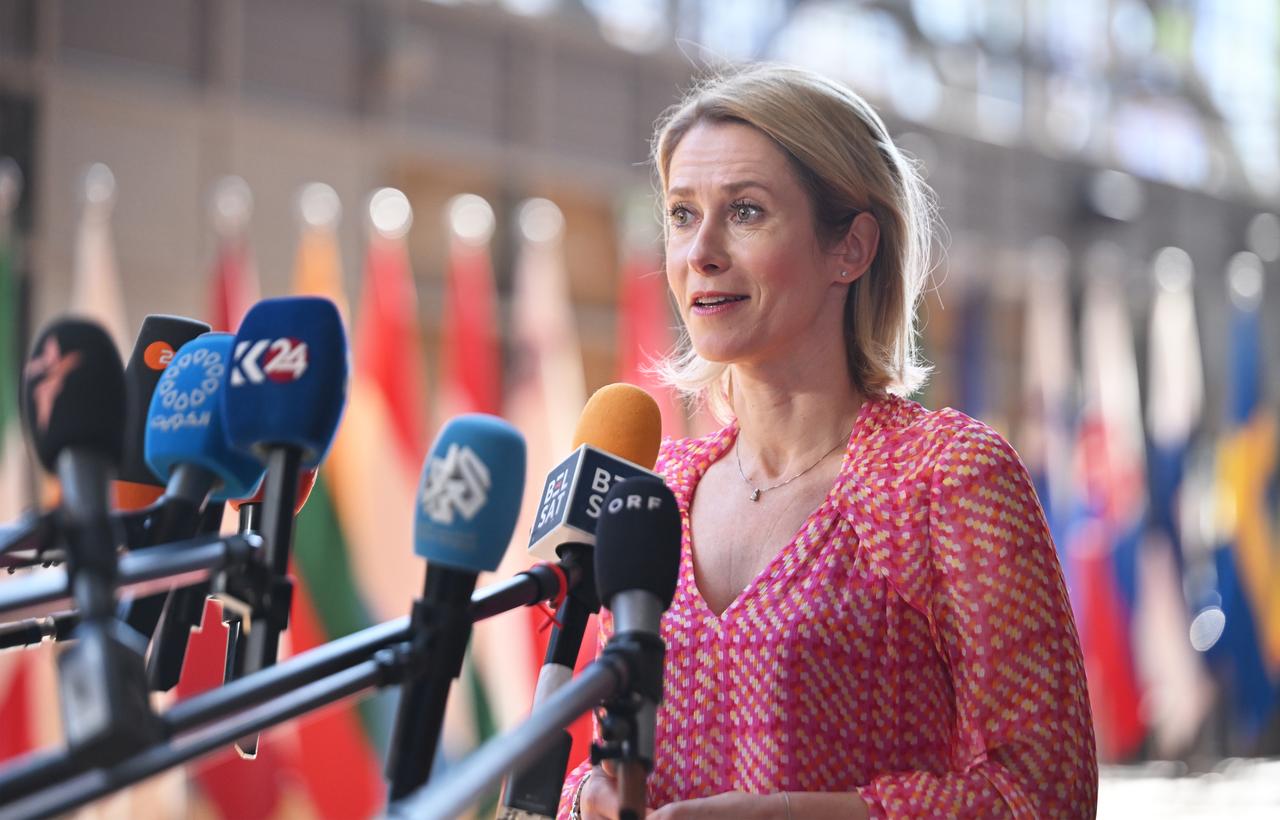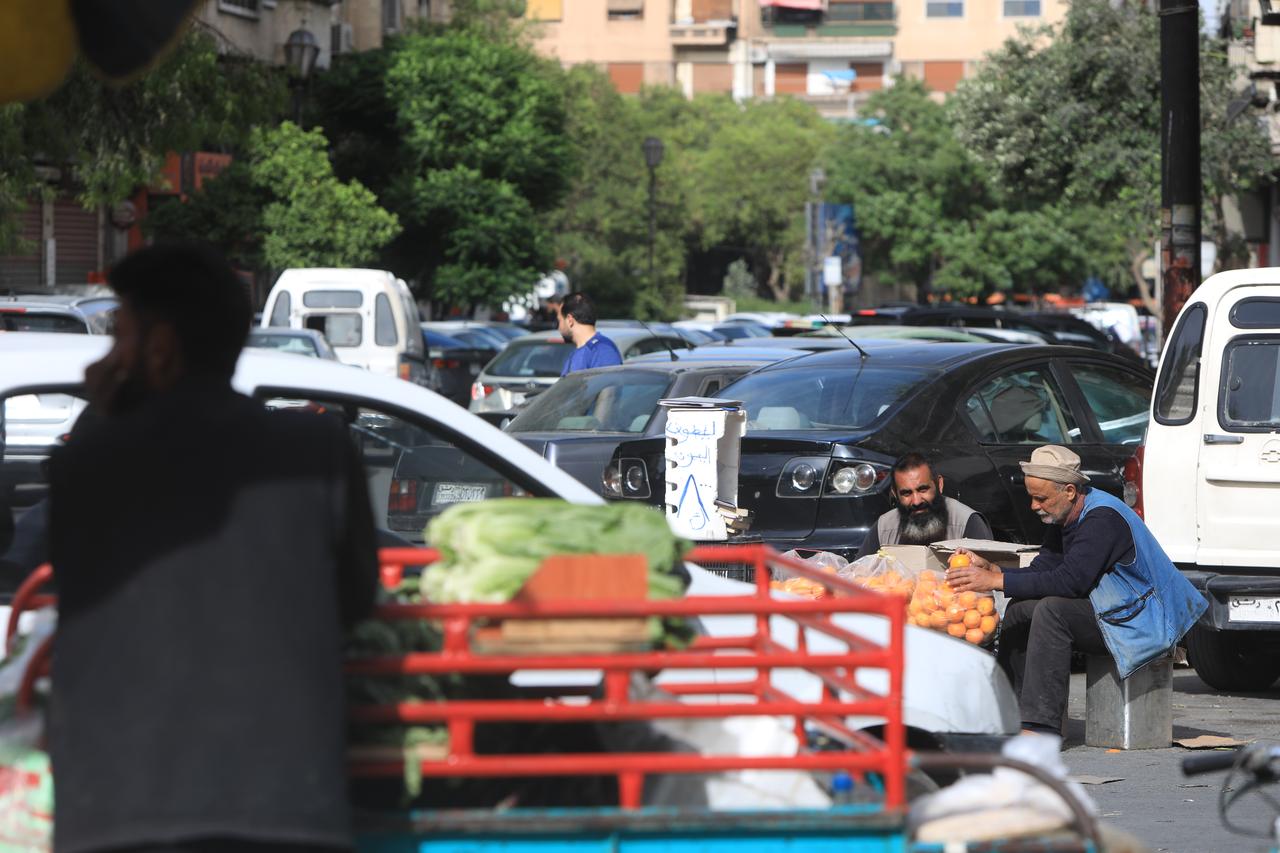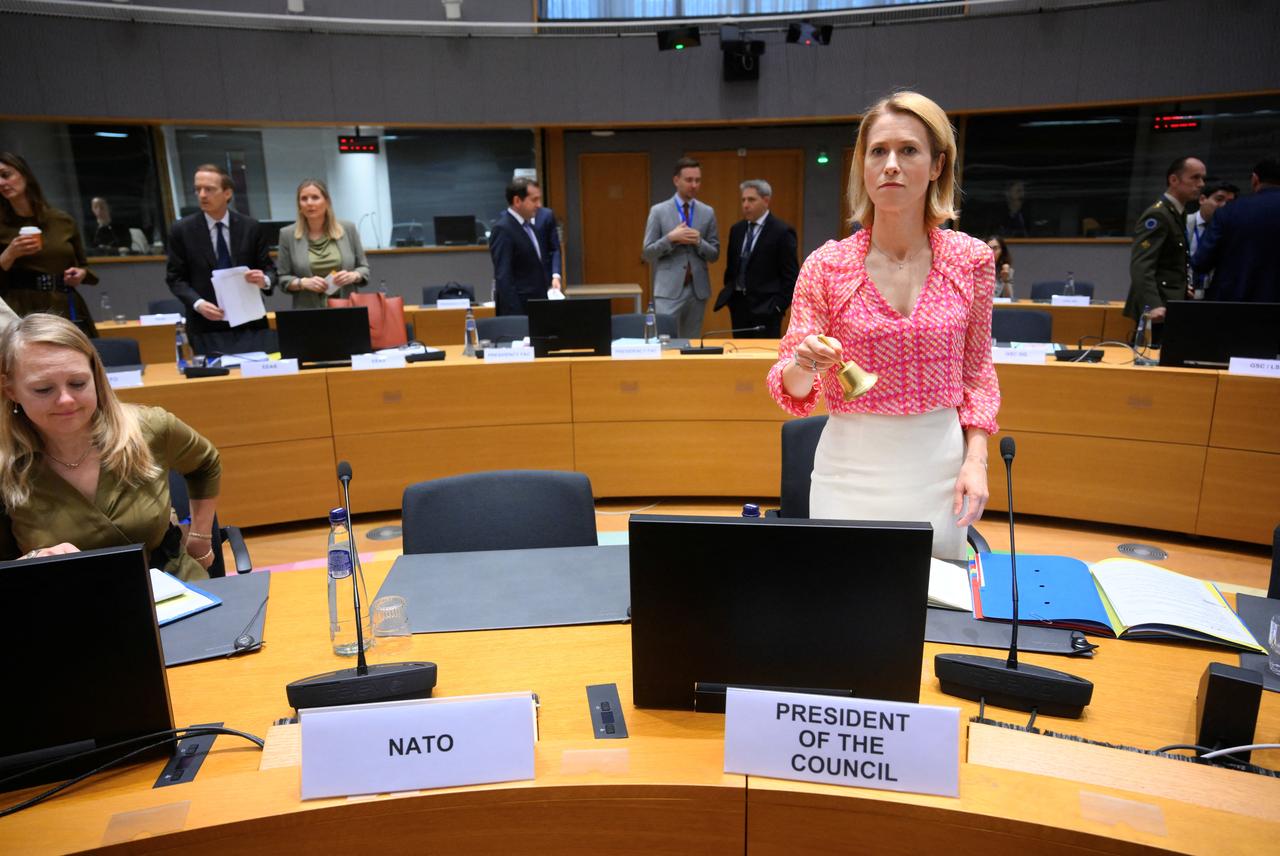
European Union member states reached a preliminary agreement on Tuesday to lift all economic sanctions on Syria, as the bloc seeks to help the war-torn country recover following the removal of Bashar al-Assad from power, according to diplomatic sources.
Ambassadors from the EU's 27 member states approved the sanctions relief, which is expected to be formally announced by foreign ministers meeting in Brussels later today, diplomats said.
The decision follows last week's announcement by US President Donald Trump that Washington would also lift its sanctions against Syria, aligning Western policy toward the country's new leadership.
"I hope we can agree today on lifting economic sanctions," EU High Representative for Foreign Affairs and Security Policy Kaja Kallas told reporters ahead of the foreign ministers' meeting in Brussels.

Kallas acknowledged that there had been intense discussions among EU countries about the decision, noting concerns about the direction of Syria's new government.
"There are worries about whether the government is going in the right direction, but I think we don't have a choice," Kallas stated. "Either we give them the possibility to stabilize the country, or we don't do that, and we'll have something like what happened in Afghanistan."
"We want the Syrian people to have job opportunities and livelihoods so that the country becomes more stable," Kallas added, emphasizing that Europe had been working on lifting sanctions against Syria since the beginning of the year.
"Our goal is to help the Syrian people. Because after the collapse of the Assad regime, it's clear that people there need to have jobs and livelihoods. This country needs to become more stable. That's why we need to lift sanctions to ensure stability," she said.

While the agreement will lift sanctions cutting Syrian banks off from the global financial system and unfreeze central bank assets, diplomats indicated that the bloc intends to impose new individual sanctions on those responsible for stirring ethnic tensions, following deadly attacks targeting the Alawite minority.
Other measures targeting the former Assad regime and prohibiting the sale of weapons or equipment that could be used to repress civilians are expected to remain in place, maintaining some pressure on the new leadership.
In the same meeting, EU foreign ministers are expected to discuss reviewing the EU-Israel Association Agreement, following a request from the Dutch foreign minister.
"The Dutch foreign minister has put forward a proposal to do the review of Article 2 of our association agreement with Israel, and we will discuss this," Kallas said, noting that she could not predict the outcome of the discussion.
She emphasized that all EU members agreed on one point: "Humanitarian aid should reach Gaza as soon as possible."
Kallas criticized Israel's limited allowance of aid into Gaza as "a drop in the ocean," stating, "There are thousands of trucks waiting on the other side of the border. This humanitarian aid was financed by Europe, and this aid must reach those in need."

The EU first imposed sanctions on Syria in May 2011 following the outbreak of civil war, implementing travel bans and asset freezes on individuals linked to the regime and accused of human rights violations.
The measures targeted key figures from Assad to ministers and other critical individuals in the regime's inner circle.
In addition, the EU imposed sectoral sanctions, targeting industries at the heart of the regime's financial network.
These included restrictions on imports of crude oil and petroleum products, exports of dual-use goods and certain communication equipment, and the financing of specific enterprises and infrastructure projects.
The bloc took a first step toward easing these measures in February 2025 when it announced the suspension of sanctions on key Syrian economic sectors.
EU officials have stressed that sanctions relief decisions are "reversible" and that the situation in the country will continue to be closely monitored.
The measures could be reimposed if Syria's new leaders break promises to respect the rights of minorities and move toward democracy.